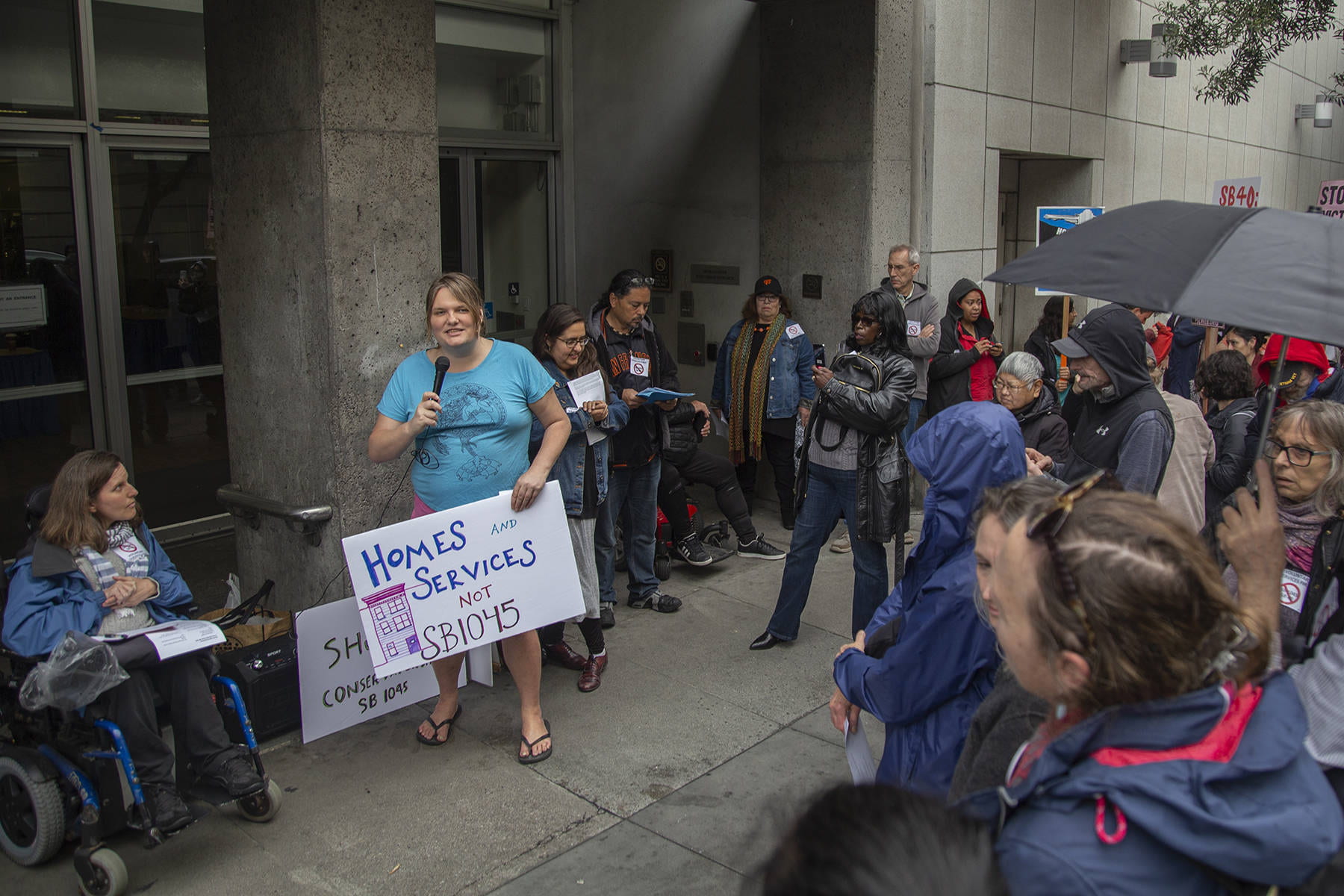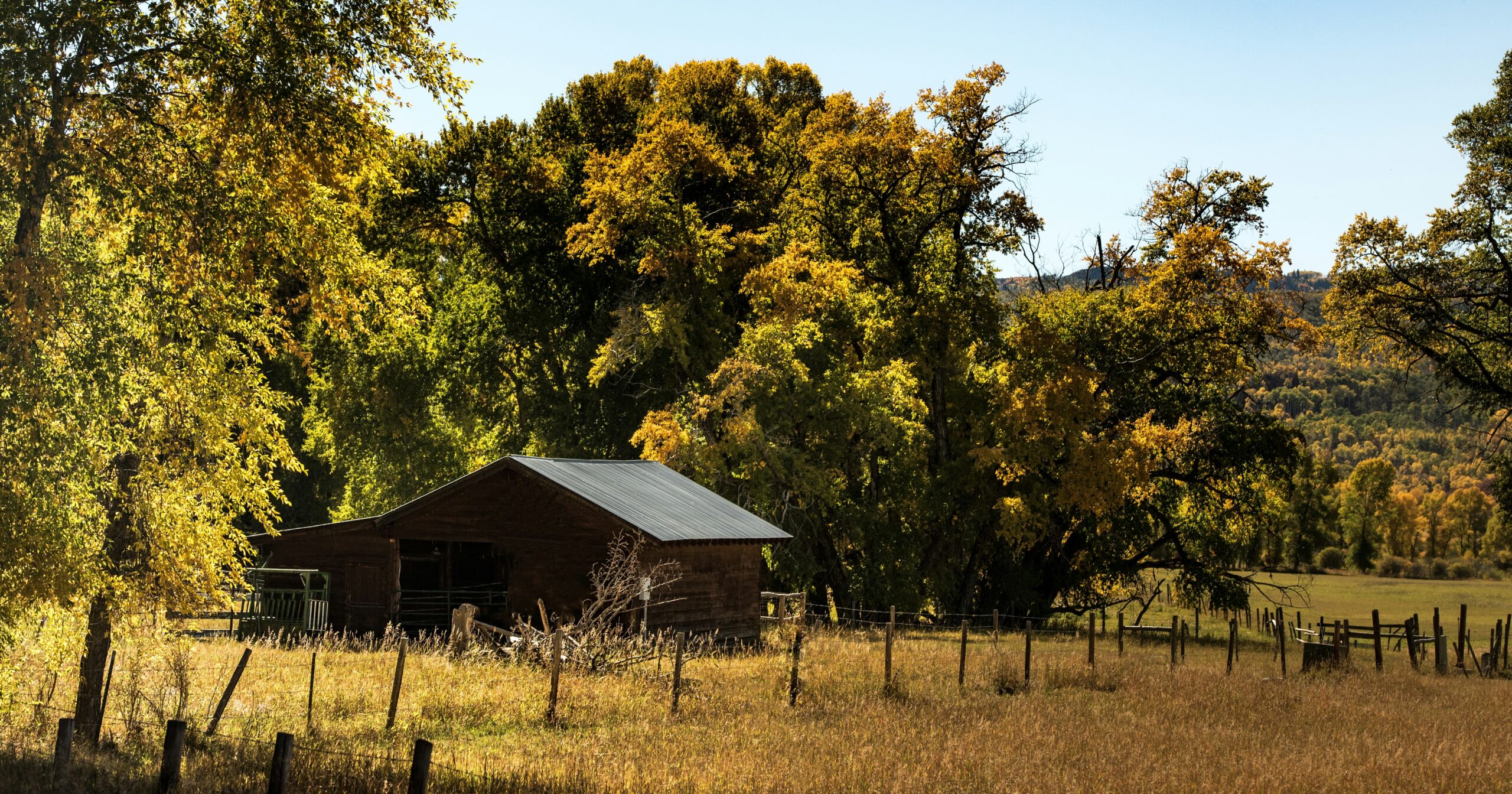Housing is a human right. Article 25 of the Universal Declaration of Human Rights states that, “Everyone has the right to a standard of living adequate for the health and well-being of himself and of his family, including food, clothing, housing and medical care and necessary social services, and the right to security in the event of unemployment, sickness, disability, widowhood, old age or other lack of livelihood in circumstances beyond his control.” Amid America’s current housing market and increase in homelessness, many questions have been raised regarding the effect of this economic crisis. Ending the housing crisis in America is especially crucial considering a home for most people and families is not simply a house, but also a place for working and learning remotely. Having a home influences factors that play key roles in the quality of one’s life. Although the future state of the housing crisis is uncertain, the fact that housing is a human right and an objective need remains the same.
America’s Housing Crisis
Much of America’s current public housing was built succeeding the Great Depression with the 1937 Housing Act; this act declared that everyone deserves “decent, safe and sanitary” housing. However, ever-changing political tides and negative stigmas toward public housing led to large disinvestment by the government. Between the years 1995 and 2018, annual federal funding for public housing, accounting for inflation, fell by nearly 50 percent. The 1998 Faircloth Amendment placed limits on construction of new public housing units which corroded older public housing units and forced tenants to live in unsafe conditions with mold and lead. One study shows that people living in poor quality housing were at a 50% higher risk of an asthma-related emergency room visit. In addition, the National Low Income Housing Coalition estimates that over 10,000 public housing apartments are lost annually “because they are no longer habitable.” The growing need for updating and building new low-income housing, and a consistent decrease in government assistance, has created a market that detrimentally affects millions of renters and home buyers.
Housing shortages and wealthy individuals buying and renting out homes at a mark-up rate has created an increase in the cost of homes in America. This phenomenon is called the financialization of housing, which occurs when housing is treated as a commodity—a vehicle for wealth and investment—rather than a social good. Special Rapporteur Leilani Farha stated in the documentary PUSH, “I believe there’s a huge difference between housing as a commodity and gold as a commodity. Gold is not a human right, housing is.” In many developing economies, long existing neighborhoods located in ‘prime land’ can often be subject to evictions and displacement to make room for new investment properties. This practice can often leave residents homeless with little warning or time for any preparation.
Disparities within Homelessness in America
In 2020, nearly 600,000 Americans were facing homelessness, which had been worsened due to the Covid-19 pandemic. This is caused by various combinations of the lack of affordable housing, low incomes, and unemployment. Most minority groups, especially African Americans and Indigenous people, experience homelessness at higher rates than whites, largely due to long-standing historical and structural racism. A 2020 study found that African Americans make up nearly 40% of all Americans experiencing homelessness, while only accounting for 13% of the general population. One root cause of the current wealth gap between white households and households of color is redlining, systemic housing discrimination supported by the federal government decades ago. Redlining discouraged economic investment, such as mortgage and business loans, in Black and Brown neighborhoods. In addition, the effects of mass incarceration and access to quality healthcare cause people of color to fall victim to poverty and homelessness at a disproportionate rate.
Pushing Forward

Although this complex issue has no simple or easy solution, there are many ways to contribute to positive change and organizations actively making progress. For example, Housing is a Human Right organizes to work toward the “3 P’s:” protect tenants, preserve communities, and produce housing. Last year, they laid out their advocacy highlights of 2021 including the following plan of action:
- Rolled out a comprehensive platform to address the housing affordability and homelessness crises
- Pushed for more inclusionary housing and the adaptive reuse of existing buildings to produce more affordable and homeless housing
- Fought the criminalization of homelessness
- Continued to expose the real estate industry through our award-winning advocacy journalism






